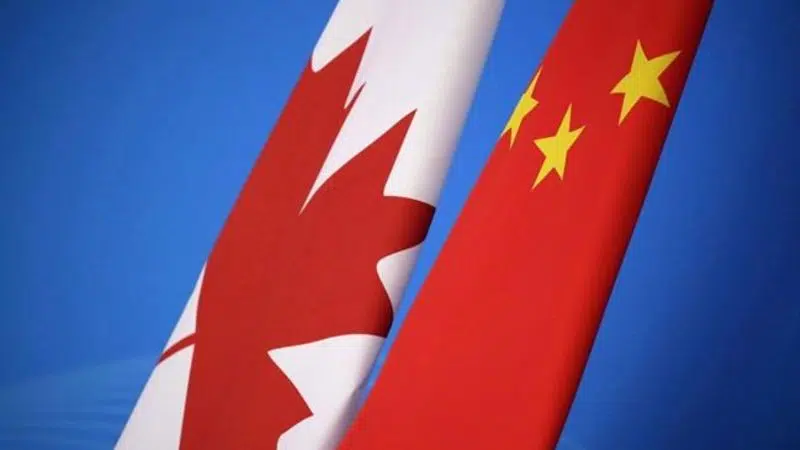
PM worries China could target more Canadian goods as fears about soybeans rise
OTTAWA — Prime Minister Justin Trudeau says he’s worried an ongoing diplomatic dispute could see China target imports of other Canadian agricultural products as concerns grow about soybean shipments in particular.
One industry leader said Thursday that, without a clear explanation, Canadian soybean exports to China plunged suddenly from 3.2 million tons over the final four months of 2018 to just 3,700 tons through the first four months of this year.
Relations between Canada and China have deteriorated since the December arrest in Vancouver of Huawei senior executive Meng Wanzhou at the behest of the United States.
